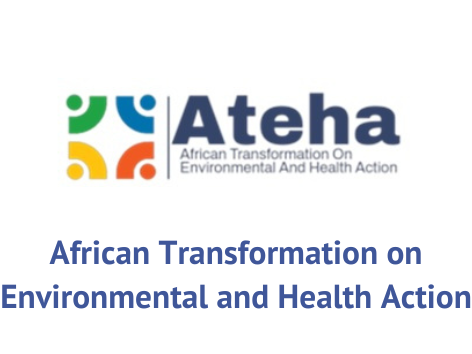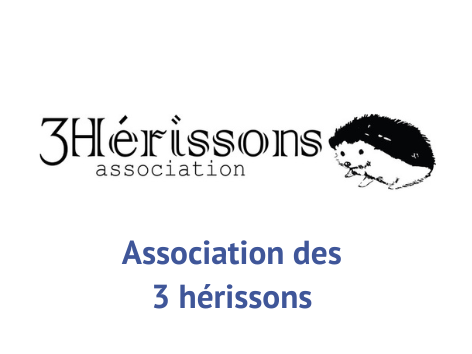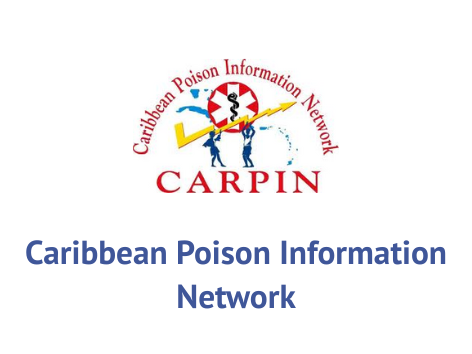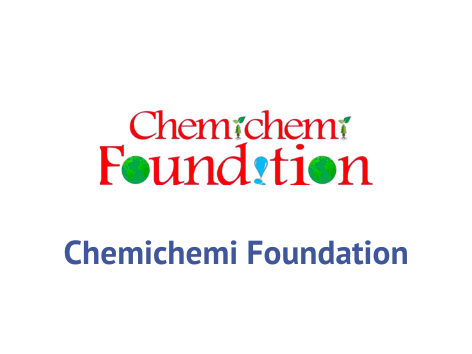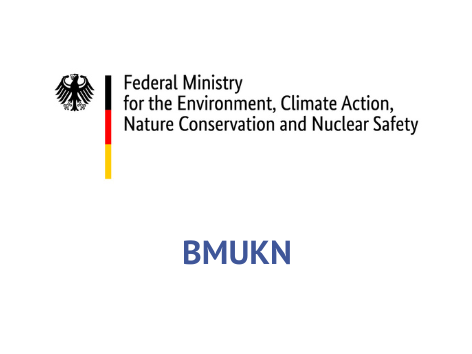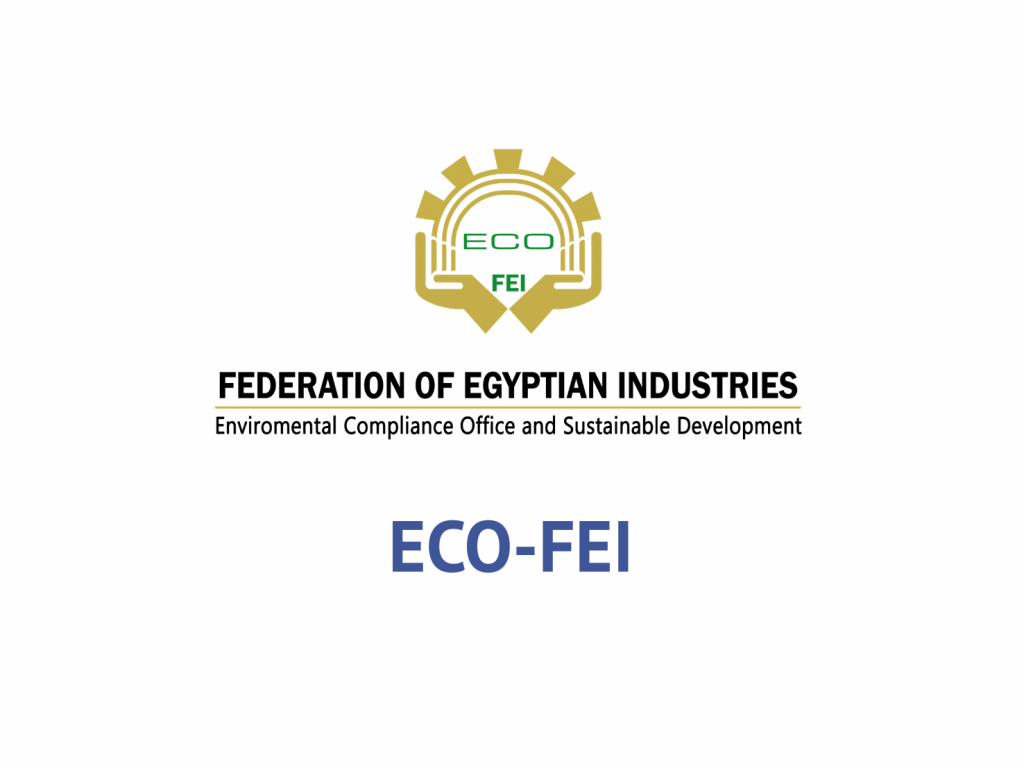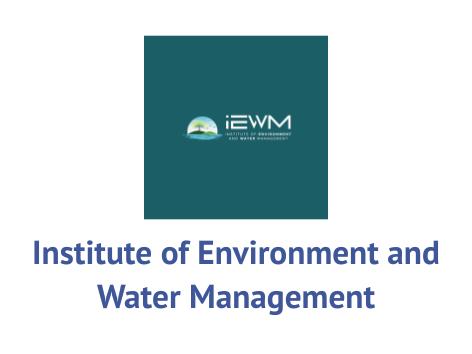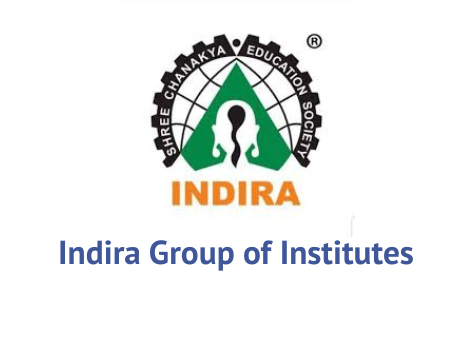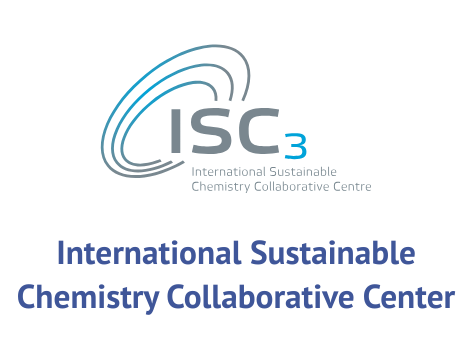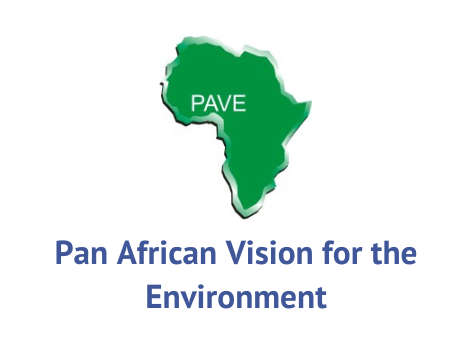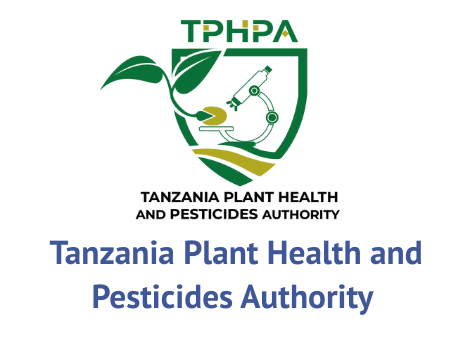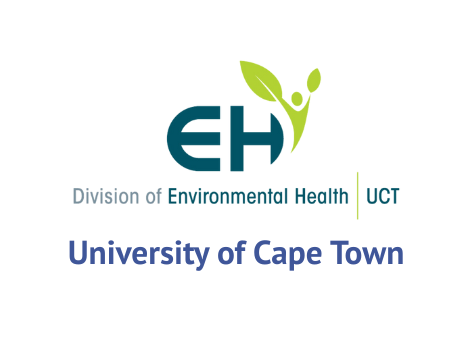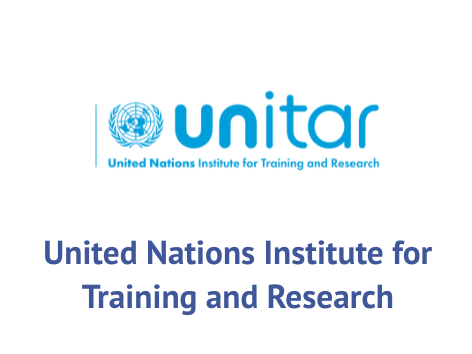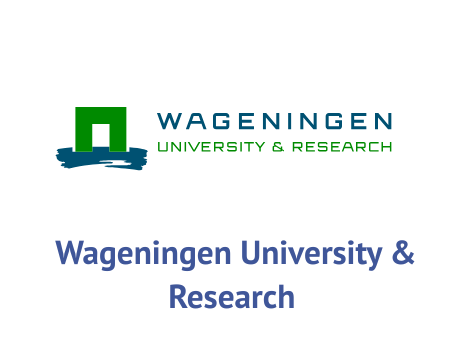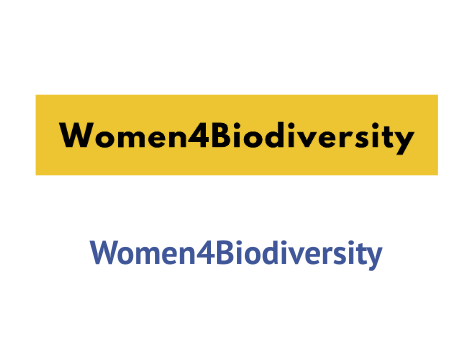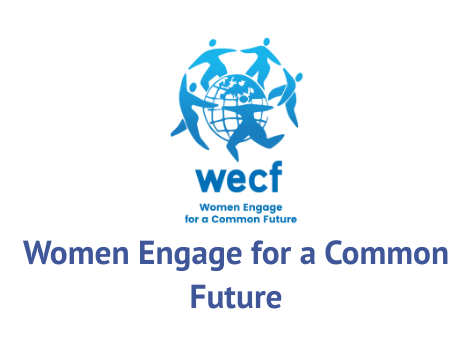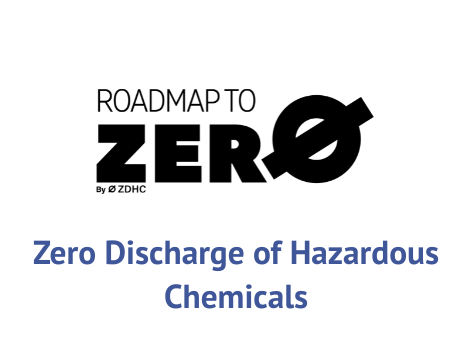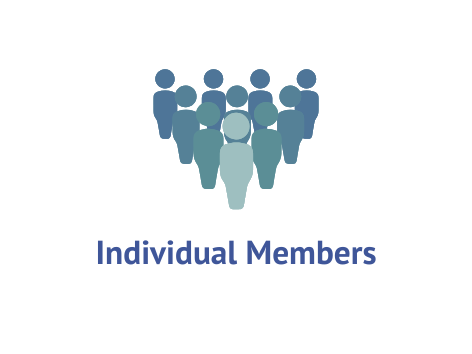Who we are
The Gender & Chemicals Partnership (G&CP) is an international, multi-stakeholder and multi-sectoral partnership. The novel coalition brings together key stakeholders from governments, academia, civil society, and industry to address the global pollution crisis through the lens of gender equality and empowerment. It was created to promote gender equality and empower women and girls in managing chemicals. The partnership intends to support addressing the global pollution crisis and contribute to achieving sustainable development and gender equality goals set by the United Nations in the 2030 Agenda and the Beijing Declaration and Platform for Action.
Our objectives
Raise awareness on the linkages of gender, chemicals and waste, foster gender mainstreaming activities.
Assist stakeholders in implementing gender mainstreaming activities.
Support gender data collection and gender research.
Support knowledge sharing and training.
Provide input to international policy processes.
Monitor and evaluate our own activities for sustained learning and success.
Our activities
The G&CP seeks to implement activities that enable and promote gender-responsive interventions to achieve gender equality and address gender-based discrimination and injustices in chemicals management internationally.
Jointly, partners from civil society, governments, academia and the private sector have decided to focus their efforts on the following priorities:
Collaborating with UN and other intergovernmental organizations, including the Secretariats of chemicals related Multilateral Environmental Agreements and other entities and processes to raise visibility of and attention to the gendered dimensions of chemicals and waste.
Supporting gender data collection and disaggregation by science, industry and (inter)national statistical institutes.
Supporting knowledge sharing and training.
Why we exist
Gendered Impacts of Chemical Exposure
Chemicals, waste, and pollution present a global challenge comparable to climate change and biodiversity loss. Each year, 9 million people die due to environmental pollution because they have been exposed to toxic substances in air, water and soil. Similar to the climate and biodiversity crises, the global pollution crisis is a growing problem that not only has different effects on different genders but also exacerbates gender inequalities.
While exposure to harmful chemicals impacts all genders, women and girls are disproportionately affected due to biological and socio-economic differences. The bodies of men and women often react differently to chemicals due to their distinct body compositions and hormone levels. For instance, women show a higher susceptibility to chemically induced health damages during pregnancy. Moreover, social gender roles lead to different exposure risks. The gendered dimensions of chemicals can be found across industries and in various realms of life, including cosmetics, medicine, agriculture, and mining. Understanding these gender-specific differences is crucial for identifying the causes of unsustainable behaviors when dealing with chemicals and for developing more effective, sustainable solutions. By recognizing these impacts, we can communicate more effectively with both men and women about the risks and implement better protective measures.
Various international policy instruments within and beyond the realm of chemicals, such as the Beijing Declaration for Action, the 2030 Agenda, the Global Framework on Chemicals, and the Basel, Rotterdam, Stockholm, and Minamata Conventions, acknowledge the need for gender-repsonsive approaches. However, despite this international recognition, progress in gender-responsive chemicals management has been slow due to a lack of data, research, and effective tools. Social and biological aspects are still not adequately considered in chemicals management and science, leading to inadequate protection for all genders, who continue to face the negative effects of unsustainable and dangerous chemicals management worldwide. The G&CP aims to bridge gaps and improve the impact of global gender-responsive chemicals management by bringing together key international stakeholders.
A novel coalition of stakeholders with a unique purpose
In early 2023, the gaps in data, research and effective tools next to a growing recognition of the need for gender-responsive approaches in chemicals management sparked discussions about the formation of a unique multi-stakeholder partnership. The Gender & Chemicals Partnership (G&CP) was officially launched on September 28, 2023, at the 5th International Conference on Chemicals Management (ICCM5) in Bonn, Germany with support from the German Federal Ministry for the Environment (BMUV) and Partnerships2030. The novel coalition brings together key stakeholders from governments, academia, civil society, and industry to address the global pollution crisis through the lens of gender equality and empowerment. By leveraging the diverse strengths and expertise of its members, the G&CP aims to make a significant impact on both gender equality and sustainable chemicals management.
Our governance
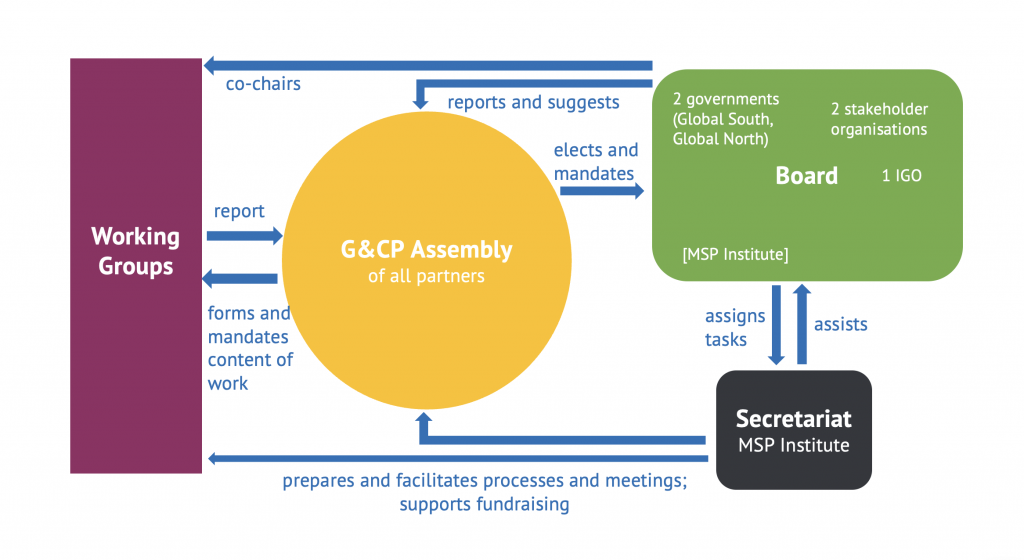
The Gender & Chemicals Partnership (G&CP) is composed of four main bodies: the G&CP Assembly, Board, Working Groups, and Secretariat.
The G&CP Assembly brings all partners together once a year to exchange ideas, shape the Partnership’s direction, and make decisions collectively. Additionally, partners come together in monthly virtual meetings to plan and coordinate joint activities.
The G&CP Board is made up of five G&CP Partners representing the following stakeholder groups:
- Two governments – one from the Global South and one from the Global North
- One Intergovernmental Organization
- Two stakeholder organizations from any of the nine Major Groups recognised in Agenda 21 and by the UN Environment Assembly
The G&CP Working Groups are established collaboratively by the Assembly and carry out the partnership’s thematic work.
The G&CP Secretariat supports and coordinates the Partnership’s activities and processes. It is hosted by the MSP Institute – a charitable association based in Germany. As part of its role, the MSP Institute also serves as an ex officio member of the G&CP Board with no voting rights.
Further details on the G&CP’s structure, governance, and the roles and responsibilities of its bodies can be found in the Partnership Rules — a foundational document adopted by the first G&CP Assembly in 2024 that defines how the Gender & Chemicals Partnership operates. You can download the full document below.
Our working groups
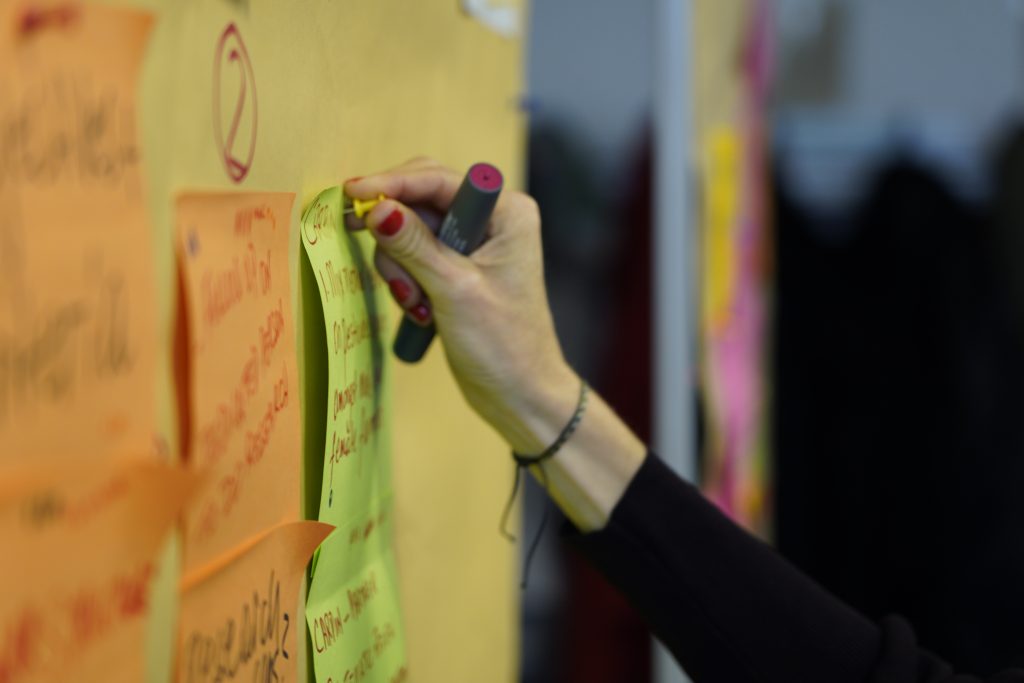
The G&CP Working Groups meet regularly to carry out the partnership’s thematic work. They are established collaboratively by the Assembly, based on suggestions submitted by any G&CP Partner, and are open to the participation of all members. Currently, the partnership has four Working Groups that were launched in November 2024.
Working Group on Gender Data & Information
Co-chaired by: Josephine Moldenhauer (BMKUN) and Sherika Whitelocke-Ballingsingh (CARPIN)
Working Group on International Policy Processes
Co-chaired by: Miriam Medel García (Foreign Office of Mexico) and Nancy Marangu (Chemichemi Foundation)
Working Group on Education & Training
Co-chaired by: Andrea Rother (University of Cape Town), Bipul Behari Saha (Indira University) and Mariella Noto (ZDHC)
Working Group on National & Regional Level Implementation
Co-chaired by: Annabell Waititu (IEWM) and Delena Indar (UNITAR)

